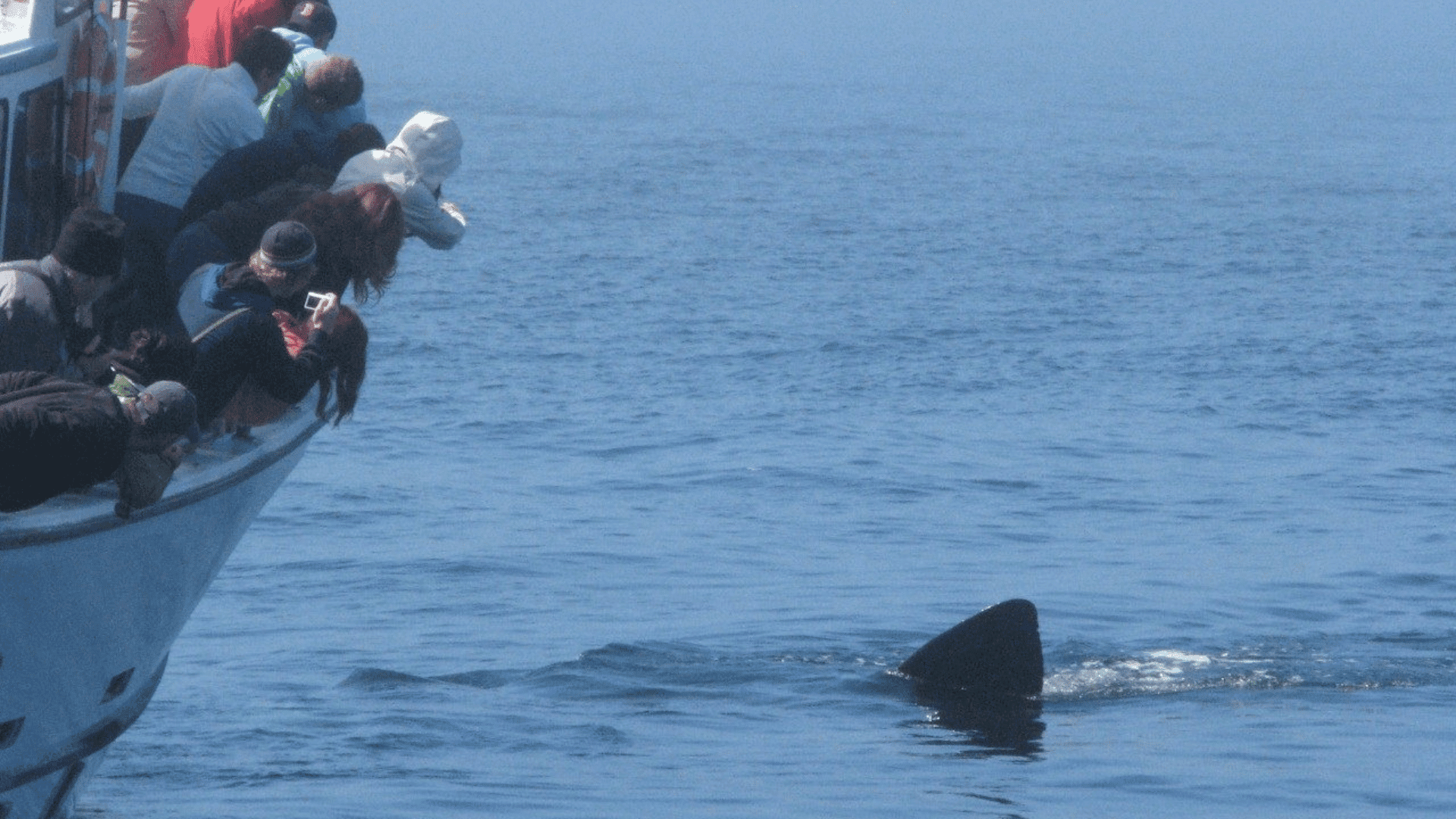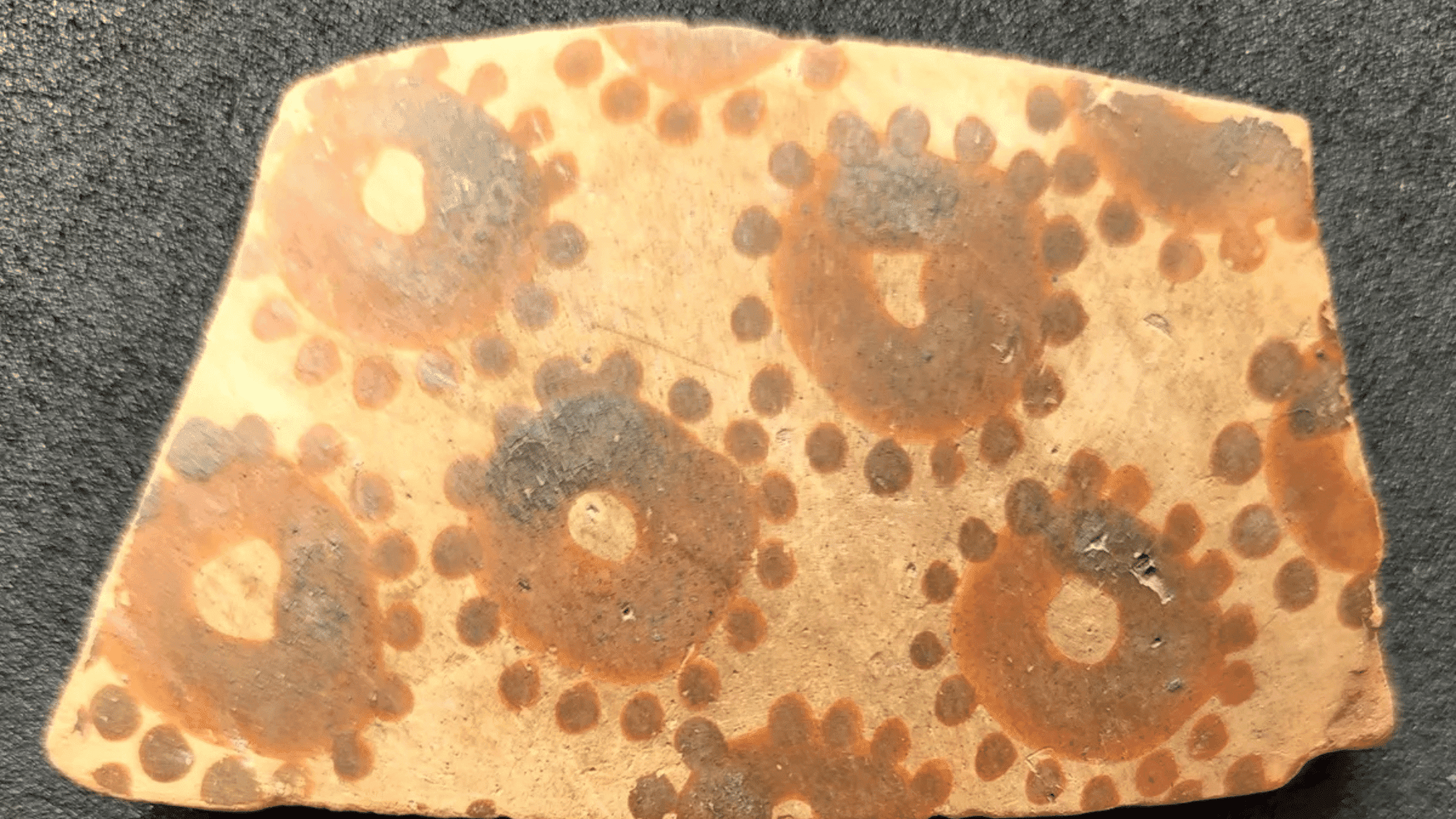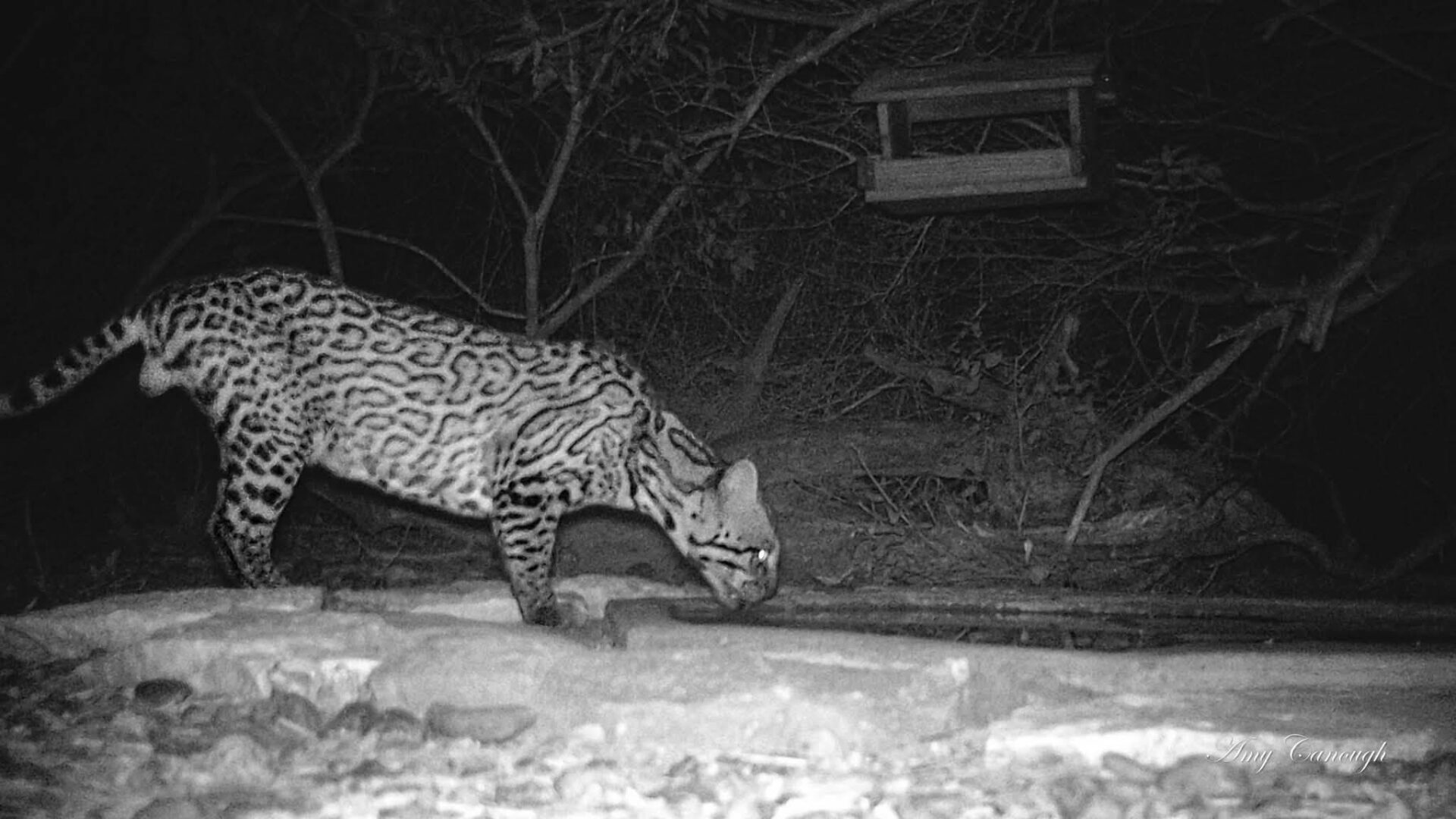A staggering one-third of the world’s shark population faces a high risk of extinction. However, scientists lack fundamental data on their populations, habitats, and trends. Researchers from Virginia Tech, Stanford, and other institutions collaborated to develop an open database using artificial intelligence to monitor sharks globally.
A New Pulse for Shark Conservation


Researchers say the platform represents a significant shift from “citizen science.” SharkPulse scans online sources for photos and videos of sharks instead of relying on voluntary submissions. The AI automatically extracts location, timestamps, and species identification information. The public and experts validate the data before it’s added to a searchable database.
“This shifts citizen science from voluntary submissions to intelligent autonomous discovery, turning everyday digital activity into conservation data,” said Francesco Ferretti, the study’s lead author and an assistant professor in the Department of Fish and Wildlife Conservation.
Advertisement
Researchers say the vast data available through sharkPulse allows them to map shark populations and rapidly track changes in distribution and abundance. So far, the platform has reportedly validated over 91,00 records across 285 shark species. Astonishingly, that is almost 53% of all known species. Already, the wealth of information has helped identify new shark hotspots. For example, the platform identified hotspots in the Mediterranean.
The project is a huge factor in Ph.D. candidate Jeremy Jenrette’s work. He is tasked with building scalable tools for marine conservation.
“SharkPulse taps into this unprecedented global stream of images and videos, using AI and data science to passively monitor shark populations at a scale never before possible,” Jenrette said.
In addition, the project is part of Virginia Tech’s broader commitment to marine conservation. Another project was “White Shark Chase,” which used environmental DNA to track endangered white sharks. Another was MegaMove, which mapped marine mammal migration routes. Combined with sharkPulse, these projects highlight the university’s dedication to marine life and addressing a global issue.
“We can’t protect what we don’t know,” Ferretti said. “From our findings outlined in the paper, sharkPulse turns scattered signals into knowledge.”



